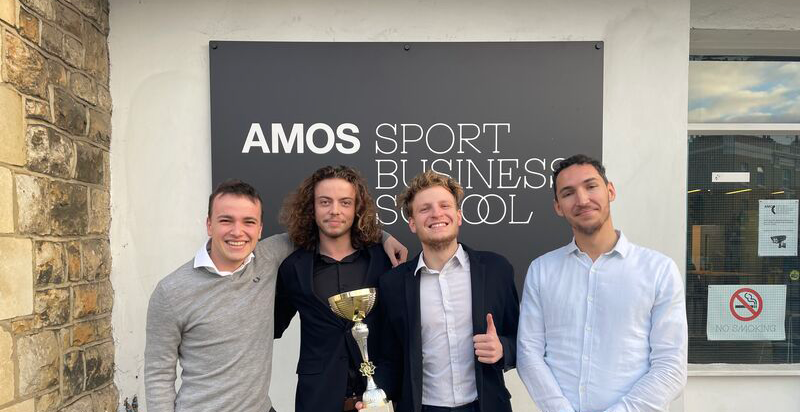
Towards the end of last year SportsPro Editorial Director Michael Long and Commercial Direct Paul Guest led workshops on thought leadership with Masters students from AMOS Sport Business School. During the workshops, the class split into groups submitting six original pieces to our editorial team for one to be selected. The concepts from all six groups were excellent, but the piece below stood out to Mike and was chosen as the winning submission – congratulations and nice work Pierre GUIRAMAND, Charles Prevot, Maxime Crinquette and Kamiel Boonman.
From money-can’t-buy experiences with celebrities to virtual concerts and races, the best sports marketing ideas and innovations to emerge during the Covid crisis centred on fan engagement through digital connectivity.
The Covid-19 crisis has been one of the biggest issues brands have had to face in modern history, especially for those invested in sport.
Across the board, the impact has been huge. Every part of the sporting value chain has been affected, from athletes, teams and leagues, to the media outlets that broadcast games and sponsors that
advertise around them. Brands have had to adapt quickly to the new situation and find solutions to reach their target consumers.
Innovation and adaptation have been the name of the game. Rights holders were quick to develop creative digital content strategies to engage fans, many of which took into account the uplift in video
consumption. Meanwhile brands had to turn the threats of the crisis into an opportunity.
Here, we have chosen the eight best sports marketing innovations during this unprecedented situation. Two key criteria led our analysis: creativity and impact.

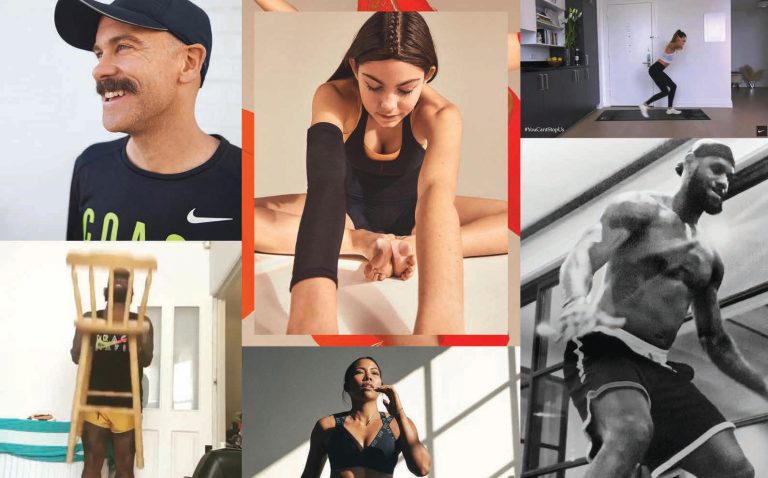
Nike: Play Inside, Play for the World
The world’s largest sportswear brand is, without doubt, one of the foremost innovators in terms of sports marketing. We all logically expected something from the Swoosh during the crisis, and true to form Nike did not disappoint with the creation of an all-new campaign, ‘Play Inside, Play for the World’. Nike has long developed programmes to support local communities through donations, and the same commitment was present during this activation. First, the brand encouraged people to stay at home to fight against the virus. Through the Nike app, it gave consumers open access to all kinds of workouts, as well as training advice from experts. The marketing strategy and the message were the same: that sport is accessible to everyone and every person in the world can achieve their goals. Indeed, Nike provided online content made specifically to help kids to stay active at home. To engage the Nike community, it also created online competitions where people could measure themselves against Nikesponsored pro athletes and share their results on Instagram.
Fanatics: All-In Challenge
For ecommerce giant Fanatics, the pandemic was a moment to bid on unique experiences with celebrities, from having dinner with Tom Brady to a skateboard session with Tony Hawk. Such auctions were designed to raise as much money as possible to give to charities or foundations in need during the Covid crisis.
This activation went viral largely because of the aim of the fundraising, which was to eliminate food insecurity in difficult times by giving to organisations like Feeding America and World Central Kitchen. After raising almost US$60 million in its first 18 months, Fanatics is aiming for its All-In Challenge to become the biggest digital fundraiser in the world.
Fanatics works with almost every major league, team and athlete but also sports fans, so it was great to see how those involved worked together to quickly reach and surpass the initial target of US$10 million. Notably, the auction for dinner with Tampa Bay Buccaneers quarterback Brady raised around US$800,000, while stars like Justin Bieber, Leonardo DiCaprio and Justin Timberlake also participated in the campaign.

Booking.com at Euro 2020
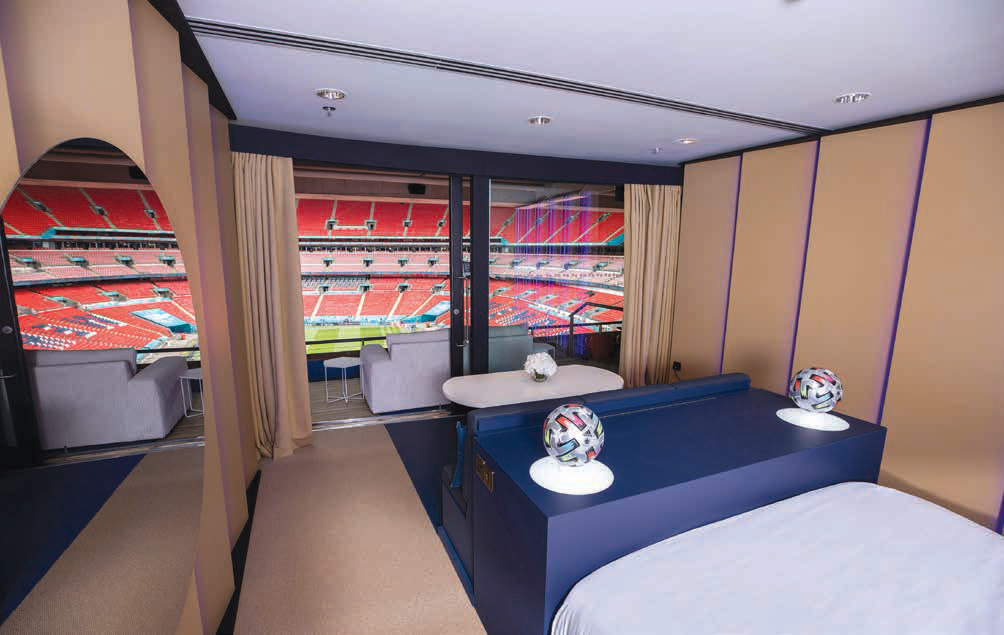
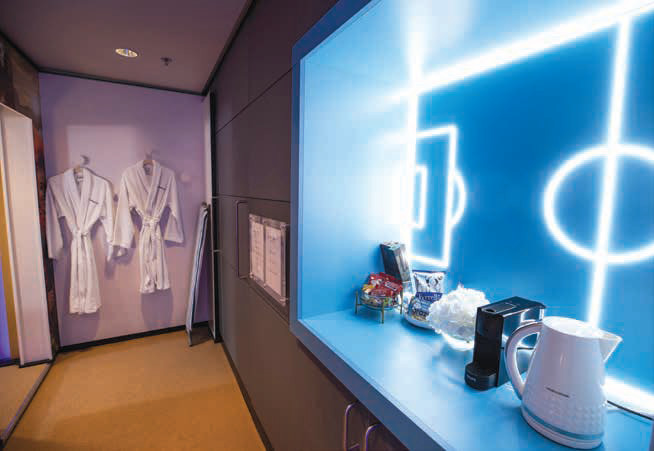

At the start of the pandemic, the lack of audience and atmosphere in sports venues significantly impacted the entertainment and excitement during events, not to mention the desire of fans to watch their favourite teams.
Dutch online travel agency Booking.com decided to mark a turning point in this health crisis and chose Uefa Euro 2020, held a year later than planned in the summer of 2021, to launch its contest and reach a large audience who came to support their teams despite the pandemic.
This unique experience consisted of spending the night in a hotel room on the evening of the final. But this marketing stroke of genius did not stop there. The winner and their guests were also hosted by the hotel booking site’s ambassador, the Spanish soccer star David Villa, who previously finished as top scorer and lifted the cup at Euro 2008.
Nowadays, we know that unparalleled customer experience is the key to success and that participants in these types of events want to be fully immersed. To that end, Booking.com went one step further to offer the winner the use of the locker rooms before enjoying the pitch where breakfast was served the day after their exceptional night.
This marketing activation allowed the fan to be totally immersed in their experience thanks to personalised surprises from start to finish, as well as providing Booking.com with significant and positive global exposure.
Zwift: Tour For All
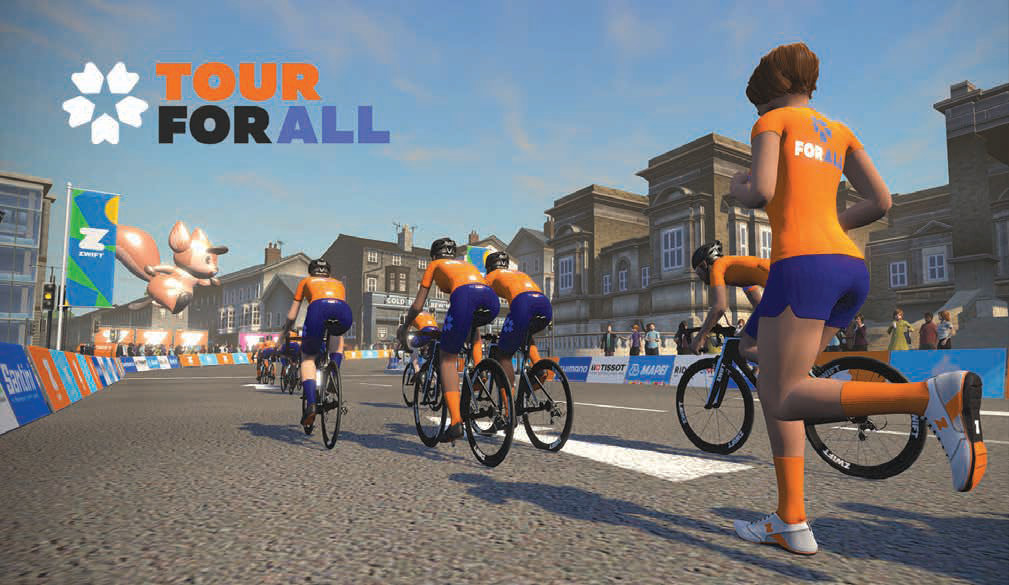
With a growing number of users and the cancellation of many professional and amateur cycling races, Zwift decided to collaborate with event organisers during lockdown. By putting its innovative platform at the disposal of many prestigious cycling races, such as the Tour De France and the Tour of Flanders, the application gained much credibility among the cycling community.
In order to continue to take advantage of its innovation, Zwift decided to organise a live marketing event mixing sports, digital, CSR and community management to promote the platform as a new way to practise cycling at home. Between 5th and 20th May 2020, the app created the Tour For All that would bring together professional and amateur cyclists.
In collaboration with Médecins Sans Frontiers (MSF), the activation aimed to push the Zwift community to compete in a home cycling race in order to raise funds for the charity. Through the Zwift app, almost US$125,000 was raised for MSF.

Heineken Pit Wall Bar

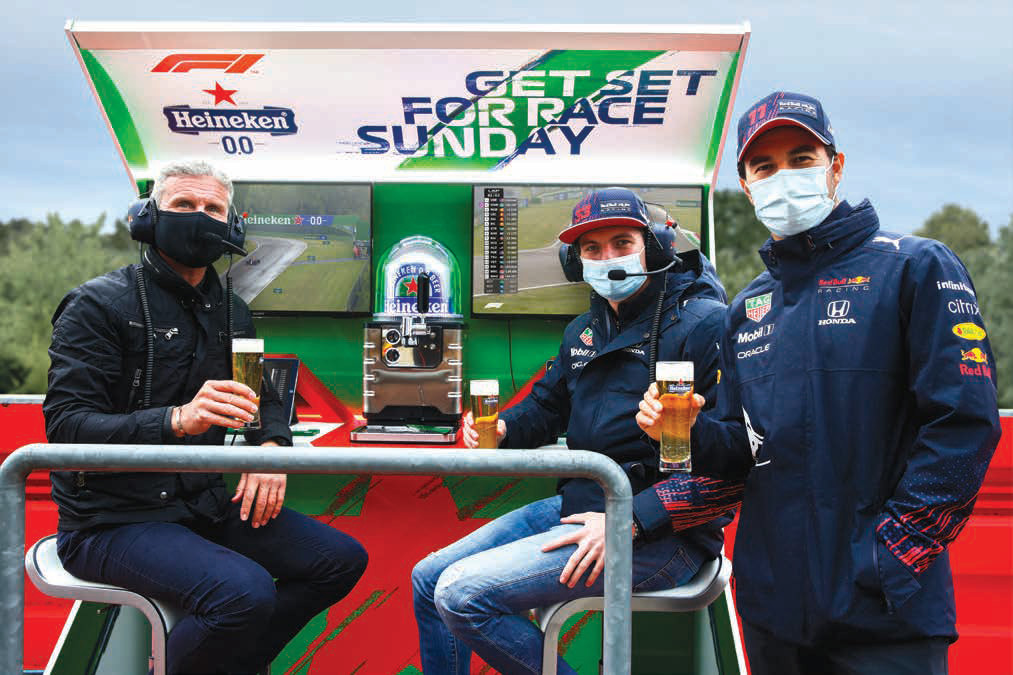
Heineken became an official partner of Formula One in 2016 and holds naming rights for several Grands Prix, as well as a sponsorship deal with newly crowned world champions Red Bull Racing. In order to engage fans during the Covid crisis, the Dutch brewer used its partnerships within the global motorsport series to great effect by creating what it called the ‘ultimate watch-from-home experience’.
Named the Heineken Pit Wall Bar, the creative activation enabled fans to experience how team principals like Red Bull’s Christian Horner conduct proceedings during races. Complete with multiple screens for watching the action from all angles, the bar included Heineken 0.0 non-alcoholic beer on tap, glassware, coasters, and team headphones.
This innovative, well thought-out idea, which has since been rolled out to another of Heineken’s sponsored motorsport properties, the W Series, ensured the fan at home was as involved in the event as possible, offering the next best thing to being trackside.
Foot Locker:
#ForTheLove
Foot Locker has always had a strong relationship with basketball and the events of 2020 – namely the death of Kobe Bryant, Covid’s impact on the National Basketball Association (NBA) season and the success of the Michael Jordan-focused Netflix docuseries The Last Dance – inspired the creation of its #ForTheLove marketing campaign.
In order to make the activation unique and credible, the brand solicited many culture influencers and the designer Temi Coker to create a universe that represented the basketball community in an innovative way. Over the course of three days, the influencers competed in a slam dunk contest, a game of HORSE, and one-on-one matchups on a connected basketball court featuring the projection of digital animations controlled by fans through Twitch.
Devised by New York-based marketing agency BBDO, the campaign was praised for its innovation and creativity on its way to winning bronze at the 2020 Clio Awards. For Foot Locker in particular, #ForTheLove was a real success, generating nearly 1.2 million visitors on Twitch during the event, nearly three million minutes watched and US$21 million of earned media exposure.

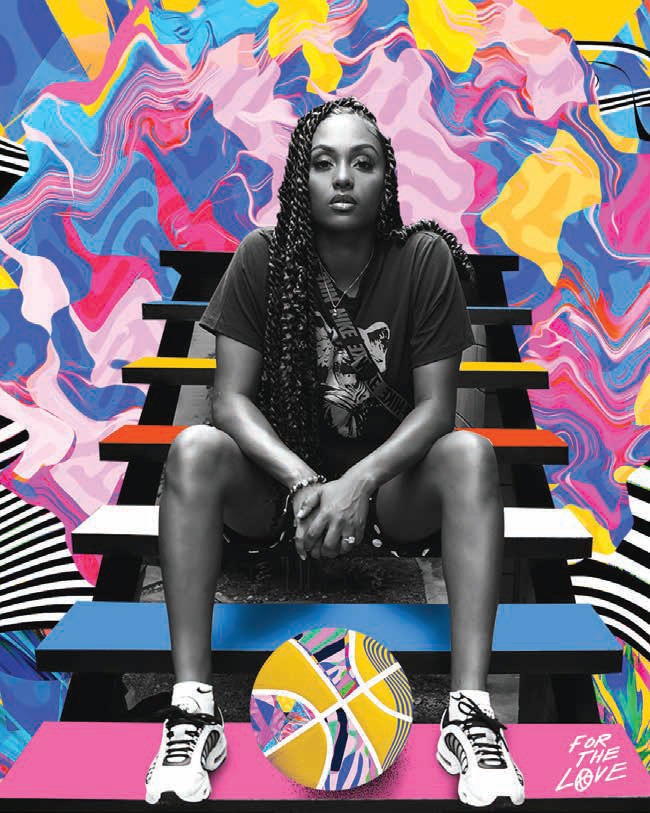
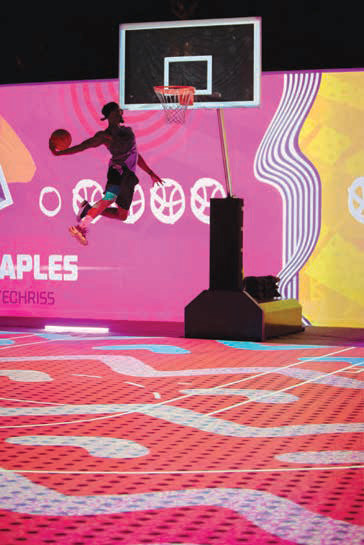
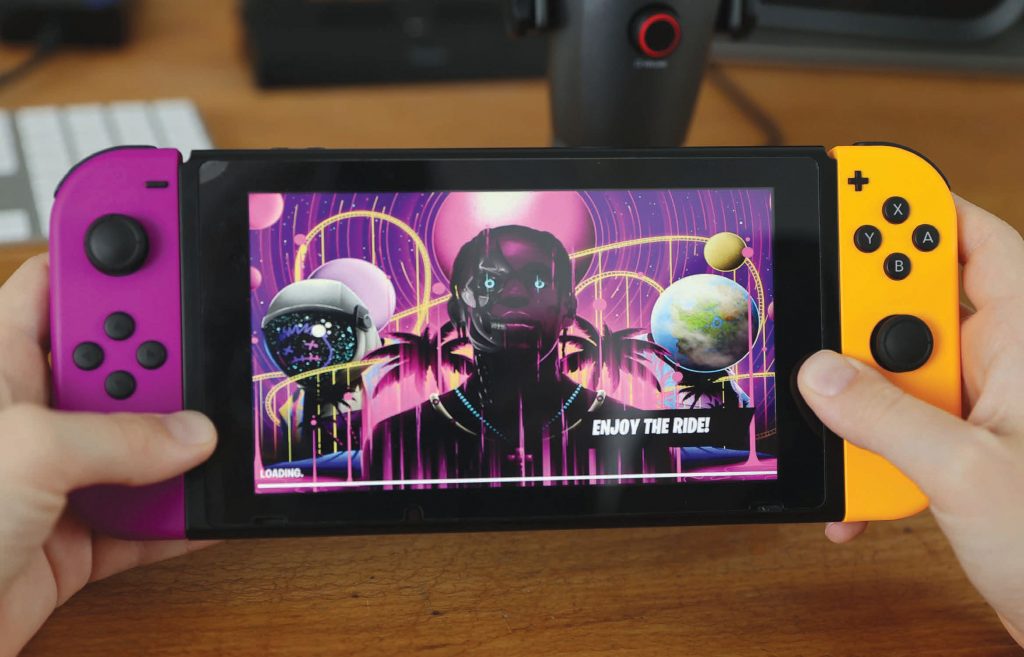
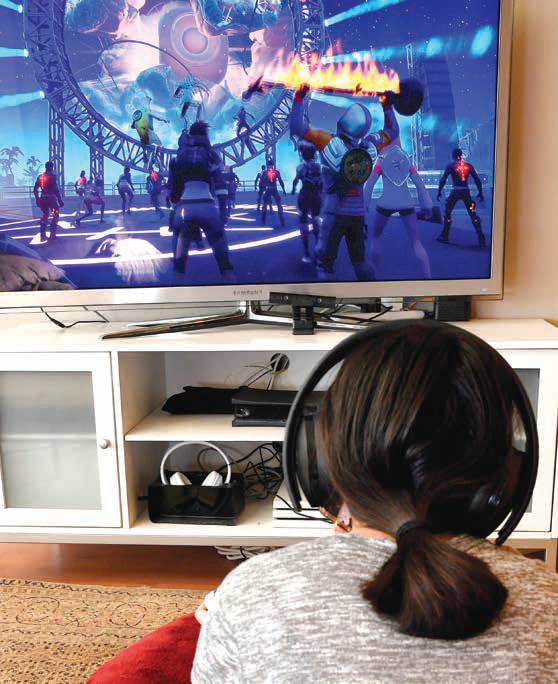

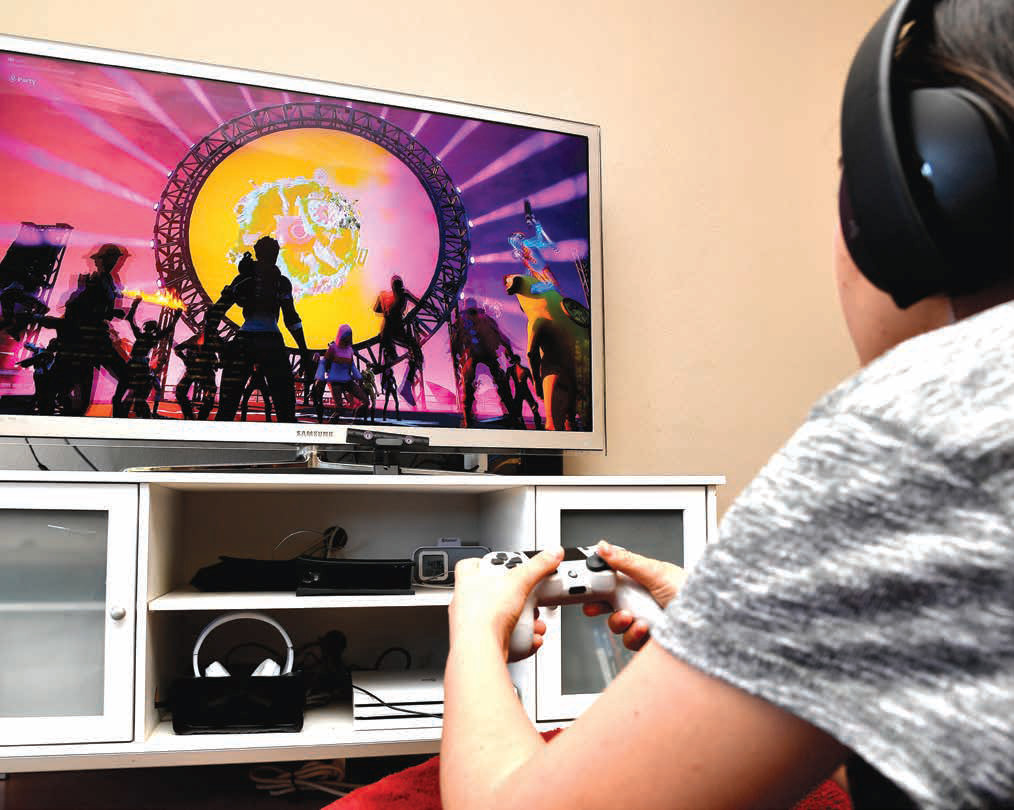
Travis Scott x Fortnite
Esports is an area of considerable development for sports marketers. In the last few years, and particularly during the pandemic, it has become an excellent way to reach and communicate with younger generations. Nowhere has this new reality taken hold so firmly than in the realm of Fortnite, the game that has revolutionised social interaction and which notably scored a major hit with American rapper Travis Scott.
To compensate for the lack of events and entertainment during the crisis, Fortnite creators Epic Games teamed up with the artist from Houston, Texas to create a virtual concert in April 2020 whose impact was vast. An impressive figure of 12.3 million concurrent players – the biggest live audience in the game’s history – were present during the event dubbed Astronomical, demonstrating how a gaming craze can generate a crazy level of real-life engagement.
As part of the partnership, Fortnite added Scott to its Icon Series, allowing players to use his outfits, emotes, gear and other accessories. To top it all off, the artist himself used the series of performances to present the world premiere of his new track, ‘The Scotts’. What better promotion.

Zoom
At a time when half of humanity was in lockdown, technology companies that offered solutions to connect while at home saw their relevance and usage soar. But few capitalised on the new conditions more effectively than Zoom.
Undoubtedly one of the big winners of the Covid-19 crisis, Zoom helped companies to maintain links with businesses in sport and myriad other industries. Some sports organisations used the platform to create courses for exercise workouts and pilates, but the California-based company itself saw an opportunity to enter the sport business arena.
Notably, Zoom created digital solutions for the NBA bubble in Orlando. It handled the animation of press conferences, virtual interviews and much of the content generated by the league. From a marketing perspective, Zoom capitalised on the enthusiasm of fans for the return of competition by providing digital tools to help them keep in touch with the game.
As well as the NBA, the likes of Major League Baseball (MLB) and Major League Soccer (MLS) also deployed Zoom’s tools for fan experience purposes. In Formula One, too, Zoom created the Virtual Paddock Club, giving fans access to behind-the-scenes action from races after forging a new sponsorship that led to contributions and insight from legends of the sport.


